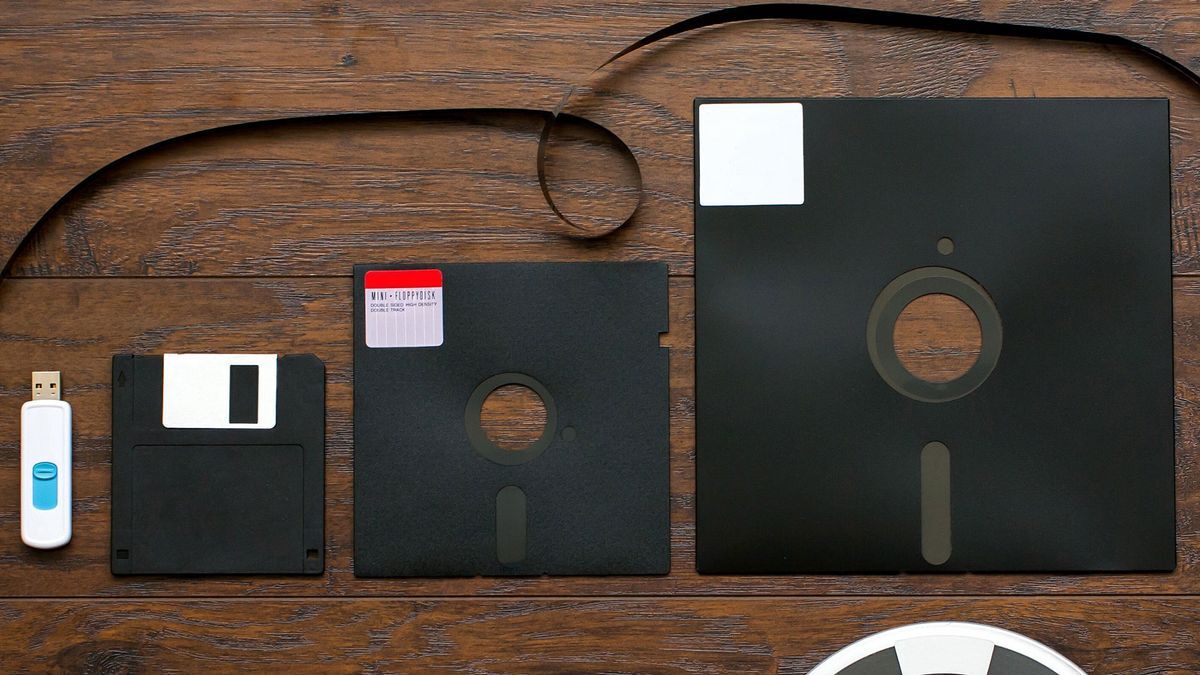The German Navy is searching for a new storage system to replace the aging 8-inch (20cm) floppy disks which are vital to the running of its Brandenburg class F123 frigates. According to an official tender document, the ideal answer to the German Navy’s problems would be a drop-in floppy disk replacement based upon a storage emulation system, reports Golem.de.
Germany’s Brandenburg class F123 frigates were commissioned in the mid 1990s, so it is understandable that floppy disks were seen as a handy removable storage medium. These drives are part of the frigates’ data acquisition system and, thus “central to controlling basic ship functions such as propulsion and power generation,” according to the source report.
It won’t be trivial to replace three decades old computer hardware seamlessly, while retaining the full functionality of the existing floppies. However, we note that other companies have wrestled similar problems in recent years. Moreover, there are plenty of emulator enthusiasts using technologies for floppy emulation solutions like Gotek drives which can emulate a variety of floppy drive standards and formats. There are other workable solutions already out there, but it all depends on who the German Navy chooses to deliver the project.



I graduated college in 1990 and one of the places I interviewed for a job was with the Electric Boat division of General Dynamics. They build the submarines for the US Navy.
During my interview they told me that the computers on the current generation of subs were programmed by punch card. The punch cards were sent to the one contractor that had the ability to convert them to the magnetic tape actually used to load them onto the subs systems.
Perhaps by now they have indeed upgraded from punch cards & mag tape to floppy disks of some sort…
I saw some CNC controllers in the 90’s that were loaded up using paper tape - essentially punched cards but in a tape format.
The admins said they had to load a machine maybe once a year, so no reason to switch to anything else.
These things ran non-stop for years at a time, in a rough environment. They had added some kind of networking (not sure what back then, may have just been a serial connection) so they could send jobs to specific CNC machines using a desktop on the network.